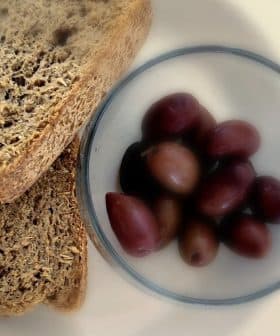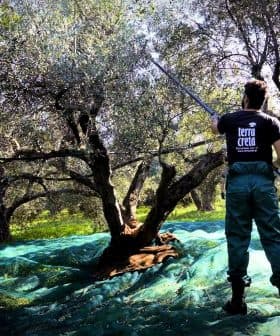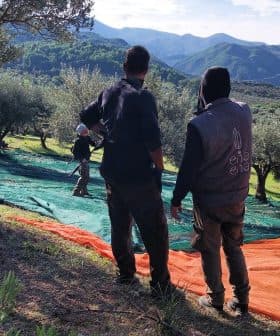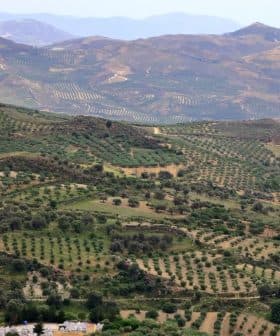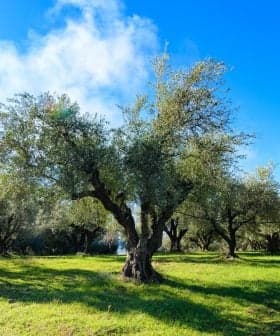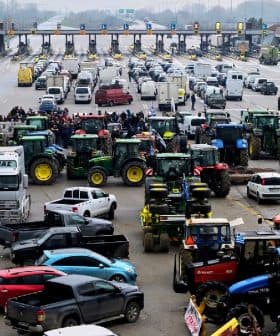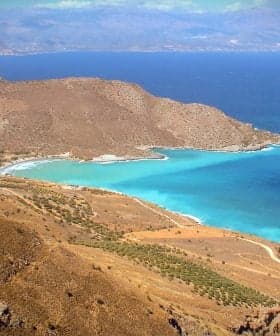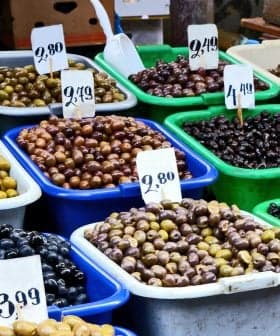The Murky Waters of Greek Agriculture and the Way Out
Many urban Greeks are returning to their rural roots to become new farmers, but are struggling due to a lack of knowledge and resources. Despite challenges such as theft, weather issues, and financial crisis, young farmers are finding success by utilizing modern techniques, exploring unique farming opportunities, and receiving support from the government and the Church of Greece.

As more urban Greeks return to their rural roots, many of these new farmers find themselves lost in their effort to respond to the challenge. (Photo: Simon aka Flyblog)
Back to the village
For ages, people in Greece relied heavily on the land to get essential goods for their survival, like wheat which gave flour, potatoes, olives, vegetables and fruits. During the big urban waves of the 1950’s and 60’s, the big cities were flooded with newcomers and the countryside was abandoned. Apart from the awry development and expansion this brought to the cities, urbanism is now considered to have been an inhibiting factor for development, since its net result was overcrowding and unemployment in the urban areas and unused farm lands in the rural areas.
This uneven progress now requires a price to be paid: the financial crisis, which is here to stay, has forced many city dwellers to return to their villages and homesteads and start over by cultivating the family land. But with no continuity in land care and no knowledge being transferred because there is no one to convey them the know-how, new farmers often find themselves lost in their effort to respond to the challenge. Instructional programs are offered by the state to teach them the job, but nothing can make up for such a gap of practical knowledge.
Specifically in the olive oil sector where more than half of the new farmers are occupied, there are even more problems: drought has caused reduced olive oil yield in many places, recent hailstorms in southern territories deteriorated the situation by hitting hard on trees and drupes, large quantities of fresh olive oil are being stolen everywhere, olive trees are being cut down to become firewood since petroleum is very expensive, olive oil prices have been swinging high and low and the classical inefficacies of the state to promote the good (and that of the producers to form coalitions) are notorious.
The psychological factor
These phenomena were always present, but now they are more frequent, more discussed and much more important; the steal of 400 kilos of oil from a farmhouse in Thessaly last month can now be catastrophic for the farmer, and poverty pushes potential thieves to take everything, from oil to machinery and livestock.
In difficult predicaments, psychology plays a critical role and an in-depth apprehension of the situation is important. Panic, which is constantly reproduced and magnified by the media, is an unwanted partner that blinds people from understanding that not all others are thieves and not everyone will be robbed.
Young farmers must be able to comprehend that, despite violations and unfavorable weather, the community has strong bonds that can’t be easily broken. Land can be the solution for many, and things will start to get better if they try hard enough. Opportunities come and go amid the crisis and they must grasp one or two of them. The weather will again be their ally, and patience and persistence are required.
The light at the end of the tunnel
Of course not everything is obscure and retrogressive. The lack of knowledge about the land can be to some degree compensated by ambitious farmers who constantly search for new farming techniques, who utilize modern technology to make the best products, who contact markets and potential customers via the web and advertise their goods on the internet.
The more restless and imaginative you are, the more prosperous your business will be. There are many cases of back-to-the-village people who have managed to stand out from the crowd and impress the public: snail breeding, organic olive oil production, hydroponic cultivations, truffle farming, are all cases of rather unusual but lately profitable activities. The best example is of a man who gets paid well to roam the mountains around his village and collect wild edible vegetables, which are then sent to fancy restaurants in Athens (green boiled veggies is a common dish in Greece).
What is more, the state has identified the problem and started to rent land to young farmers for a symbolic annual cost of 20 euros per acre. The Church of Greece is also contemplating giving away its properties to farmers, in a gesture of goodwill but also of substantial support. Cash starts to slowly flow again and, according to state officials, SMEs (Small and Medium-sized Enterprises), the backbone of the economy, will have the chance to be funded from a repository of approximately €500 million.
Eventually, everything boils down to the fact that if the new farmers are competent enough and able to maintain a positive posture towards the crisis-born obstacles, these newly-bred land lovers will succeed.


